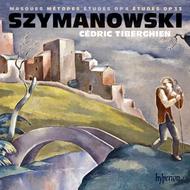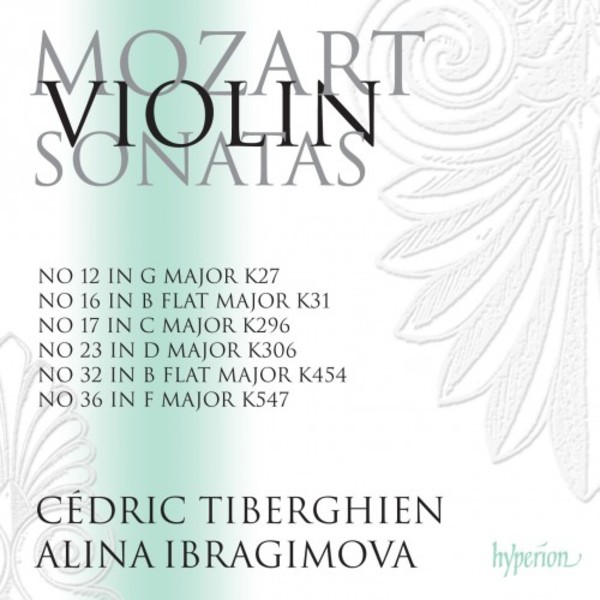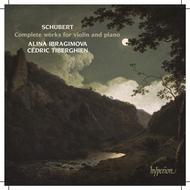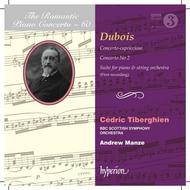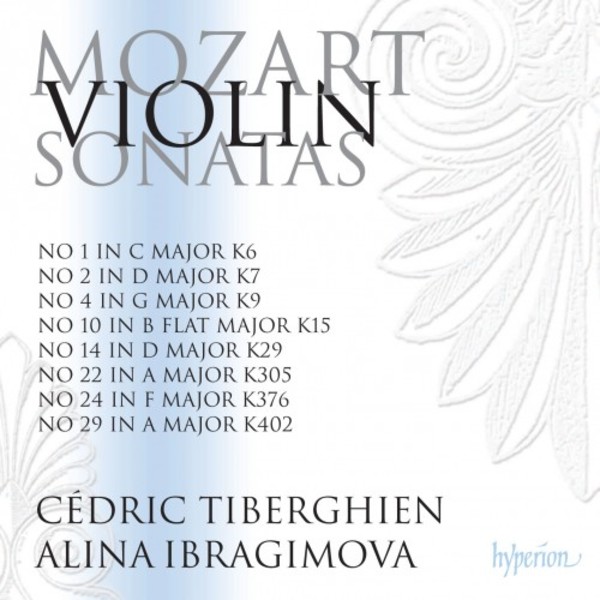Liszt - Annees de pelerinage (3rd year) & other Late Piano Works
£13.60
In stock - available for despatch within 1 working day
Despatch Information
This despatch estimate is based on information from both our own stock and the UK supplier's stock.
If ordering multiple items, we will aim to send everything together so the longest despatch estimate will apply to the complete order.
If you would rather receive certain items more quickly, please place them on a separate order.
If any unexpected delays occur, we will keep you informed of progress via email and not allow other items on the order to be held up.
If you would prefer to receive everything together regardless of any delay, please let us know via email.
Pre-orders will be despatched as close as possible to the release date.
Label: Hyperion
Cat No: CDA68202
Barcode: 0034571282022
Format: CD
Number of Discs: 1
Genre: Instrumental
Release Date: 1st February 2019
 FREE UK SHIPPING OVER £30!
FREE UK SHIPPING OVER £30!
 [Tiberghien’s] selection is typically thoughtful, avoiding the barnstorming, high-Romantic pieces and concentrating instead on music that Liszt composed in the last decade or so of his life. ... Tiberghien never flaunts his total command of those challenges and with an exemplary range of touch and keyboard colour, concentrates instead on these pieces purely as musical statements. ... It’s music in which everything becomes enigmatic and ambiguous, and which regularly loses its tonal bearings; Tiberghien presents all of them as perfectly conceived miniatures that often pose more questions than they answer.
[Tiberghien’s] selection is typically thoughtful, avoiding the barnstorming, high-Romantic pieces and concentrating instead on music that Liszt composed in the last decade or so of his life. ... Tiberghien never flaunts his total command of those challenges and with an exemplary range of touch and keyboard colour, concentrates instead on these pieces purely as musical statements. ... It’s music in which everything becomes enigmatic and ambiguous, and which regularly loses its tonal bearings; Tiberghien presents all of them as perfectly conceived miniatures that often pose more questions than they answer. 